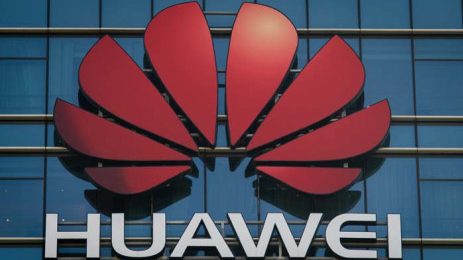On Friday 15 August, a story accompanied with a video published by American newspaper Wall Street Journal (WSJ) surfaced on social media and other media houses and it caused public uproar.
In the video, WSJ alleges that Chinese Tech giant Huawei Technologies is working with the government of Uganda to provide infrastructure and technology used to track, record and listen to phone conversations of opposition politicians, especially Kyaddondo East Member of Parliament Robert Kyagulanyi Ssentamu popularly known as Bobi Wine.
The story also alleges that the CCTVs installed in Kampala are used as surveillance instruments by government to track the movements of these opposition leaders.
On hearing this, Huawei has come out to refute all the claims against the company and has issued a statement to the press, as well as writing a letter demanding WSJ to explain their false findings.
“Huawei takes these false and defamatory statements about its business seriously, especially when published by a news source as well regarded as the Journal. The publication of these false statements has and will continue to damage Huawei’s reputation and business interests across the globe. Huawei reserves all rights and claims in this regard and will defend its conduct and reputation. We would be happy to discuss with you related to this matter,” Huawei’s letter to WSJ reads in part.
Huawei explained that their CCTV project serves only security purposes that do not include any kind of surveillance against opposition politicians on behalf of the government.
“We have also never developed any intelligence monitoring project for Uganda or signed any contract related to spying and intelligence related activities. The major purpose of CCTV project deployment is to identify criminal activities from wrong doers by CCTV camera surveillance and has already practically helped the Uganda Police to reduce the criminal rate in the city streets,” a press statement from Huawei partly reads.
Huawei further said that the anonymous sources used by WSJ provided the newspaper with false and misleading information.
